Date: 27/01/22
By Alan Hardie, CEO at NCEAT.
 We are a few weeks into the New Year and I wonder how many of you heard or maybe even sang “Auld Lang Syne” as 2022 began? If you’ve heard the song, I wonder how many of you know that it was written by Robert Burns, the Scottish poet. Tuesday, 25th January, was Burns’ Night in Scotland (and beyond), when people have ‘Burns Suppers’ where haggis is always on the menu and people celebrate his poems and songs.
We are a few weeks into the New Year and I wonder how many of you heard or maybe even sang “Auld Lang Syne” as 2022 began? If you’ve heard the song, I wonder how many of you know that it was written by Robert Burns, the Scottish poet. Tuesday, 25th January, was Burns’ Night in Scotland (and beyond), when people have ‘Burns Suppers’ where haggis is always on the menu and people celebrate his poems and songs.
I was always very aware of the work of Robert Burns. I was born in Ayr, the same town as him, and lived where there are a lot of places connected to Burns’ which attract many tourists from all over the world. At school we were taught some of his most famous poems and learned to recite them off by heart. Even in the O level English exam (old version of GCSE), we had a whole section on Burns’ poems.
I never thought about it at the time, but now I wonder why the work of Robert Burns is still celebrated as being important and relevant 263 years after he was born? After all, he came from a very humble background, both he and his father were tenant farmers, where they rented small farms from rich landowners and struggled to make a living. Burns didn’t make any real money from his poems became much more famous after he died, at the age of just 37, than when alive.
I think that his fame is because he wrote about things that mattered to ordinary people in their everyday lives, but also he wasn’t afraid to challenge what he saw as injustice, speaking up for people who were poor and had nothing. Although we might find his work very challenging to read now because of the language it was written in, to the ordinary working people of the time he was speaking their language and standing up for them.
More than that, the fact that someone from a poor, working class background could succeed and produce some amazing work can be seen as an inspiration for us. Think of him as somewhere between Sam Fender and Stormzy for a modern comparison!
One his most famous lines is “The best laid schemes o’ mice an’ men gang aft agley.” This is best translated as no matter how much you plan or prepare in life, things can still go wrong, which I think is sound advice for all of us! This is from Burns’ famous “To a Mouse” poem and also inspired the title of John Steinbeck’s famous book “Of Mice and Men”.
Maybe we should think about the role model, despite his many personal flaws, that Burns provides. He was certainly honest enough to recognise his own failings: “God knows, I’m not the thing I should be, Nor am I even the thing I could be”. Perhaps this time of year is a good time for us to be inspired by Burns and consider what we each need to do to make ourselves the person we should be.
